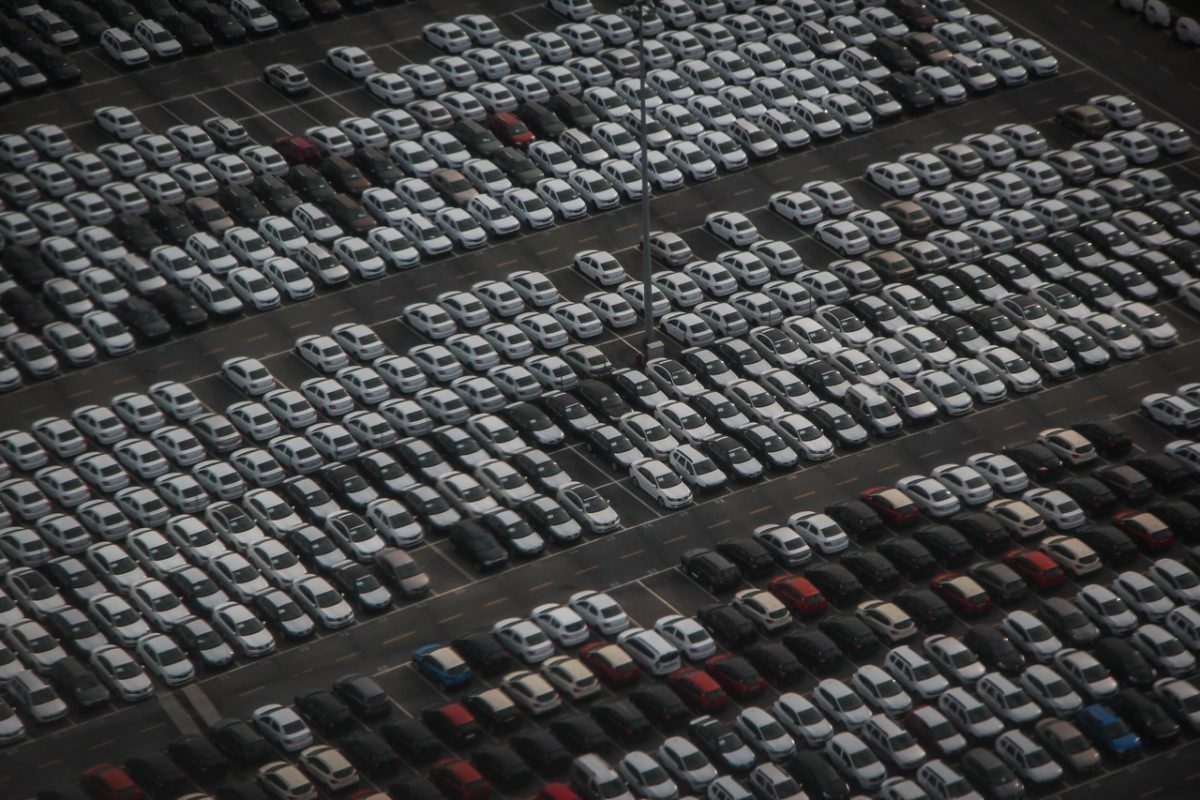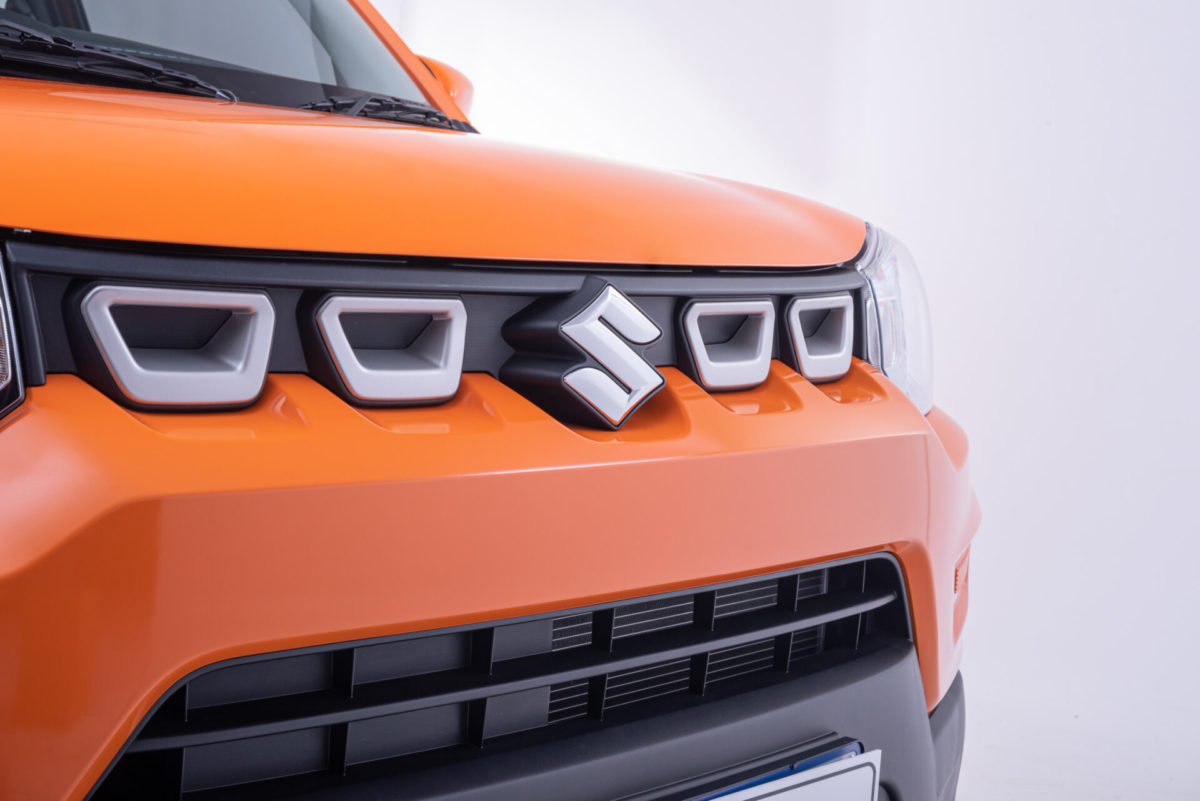New Car Sales Establishing New Roots
New vehicle sales continued to establish firmer ground, recording the third consecutive month of growth since lockdown.
The slow resurgence of sales comes off the back of reduced lockdown level regulations as the country entered Level One during September. Year-on-year results for the past three months have shifted from 29,6% in July, through 26,3% in August, to a market down 23,9% in September. According to the National Association of Automobile Manufacturers of South Africa (Naamsa), 37,403 new vehicles were sold during September, up 3,888 units from August.
“Some momentum is gathering as economic stimuli slowly return,” says Lebogang Gaoaketse, Head of Marketing and Communication at WesBank Vehicle and Asset Finance. “The month-on-month increase in sales is more reassuring in real terms than the gradual improvement in year-on-year performance over the past three months. There are clear signs of recovery, although there remains a long road to full recovery.”
In contrast to actual sales activity, WesBank Vehicle and Asset Finance data indicates an increase in applications compared to September last year
As much as those nearly 4,000 additional units of volume will have been welcomed by dealers and brands, the harsh reality remains a market 11,737 units less than September last year. “Relatively, September sales down 23,9% compare favourably to the year-to-date performance, which is now 33,4% down from the same period last year,” says Gaoaketse. “That’s a very sobering 132,878 units less so far this year than pre Covid-19 levels of market activity.”
In contrast to actual sales activity, WesBank Vehicle and Asset Finance data indicates an increase in applications compared to September last year. “Whether it remains pent-up demand or merely more consumer and business optimism in the market, there are reassuring levels of demand,” says Gaoaketse. “While this isn’t currently translating into sales, it bodes well for the continued recovery of the market as affordability slowly improves.”
WesBank Vehicle and Asset Finance has also experienced an increase in its average deal duration, indicating the knock-on effects of lockdown delaying purchase decisions, as well as the continued stress on household incomes that is translating into current market performance.
Passenger car sales took the largest knock in September and accounted for the majority of the volume decrease year-on-year
Passenger car sales took the largest knock in September and accounted for the majority of the volume decrease year-on-year. At 31,2% down compared to September last year, the 22,798 sales meant 10,322 fewer passenger cars were sold in September than a year ago.
By comparison, Light Commercial Vehicle (LCV) sales were relatively buoyant at 12,267 units, down 8,9% or 1,202 sales compared to September 2019. Both segments did, however, sell more units than in August.
“Seemingly the long road to recovery for the automotive industry has begun,” says Gaoaketse. “Stimulating conditions to accelerate the return of new vehicle sales is welcome, including aggressive marketing campaigns, but – in particular – the low interest rate environment. Just how long these conditions will remain, will play an important part in how quickly the industry recovers.”






















